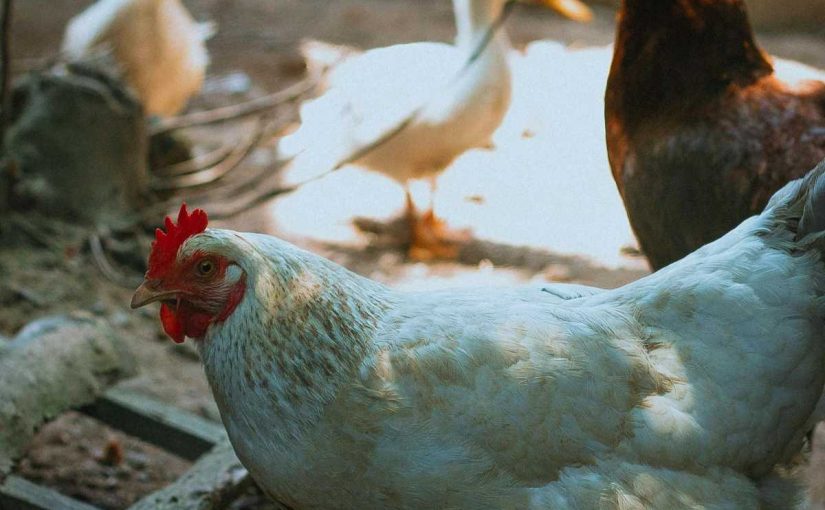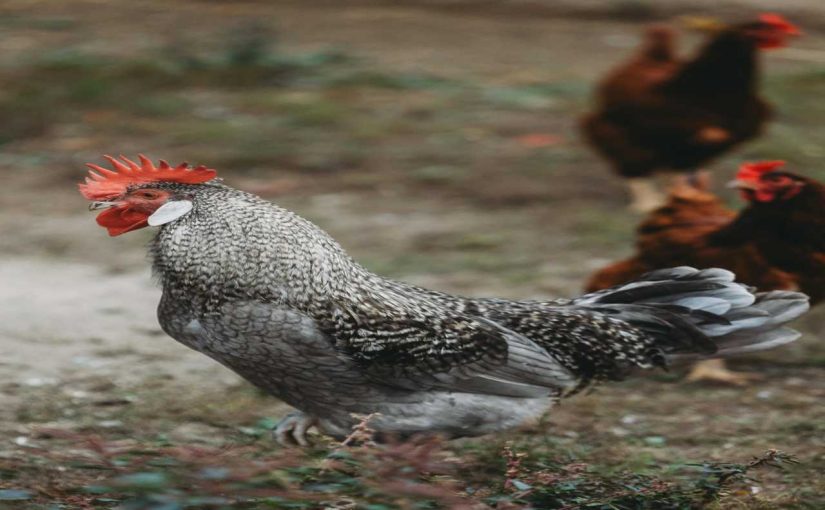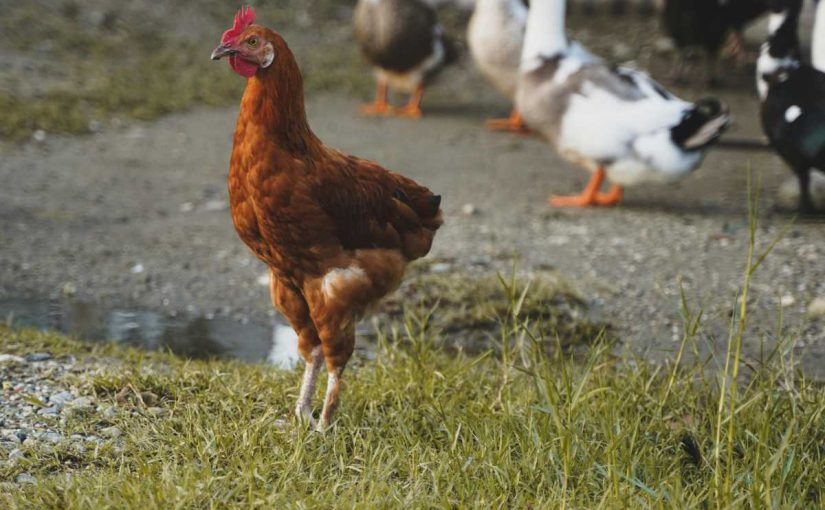As the winter chill sets in, ensuring your chickens are warm, safe, and healthy is vital for their well-being. Chickens can thrive in cold weather if provided with the right care and environment. This comprehensive winter care guide covers essential tips and practices to keep your flock healthy and happy throughout the winter months.
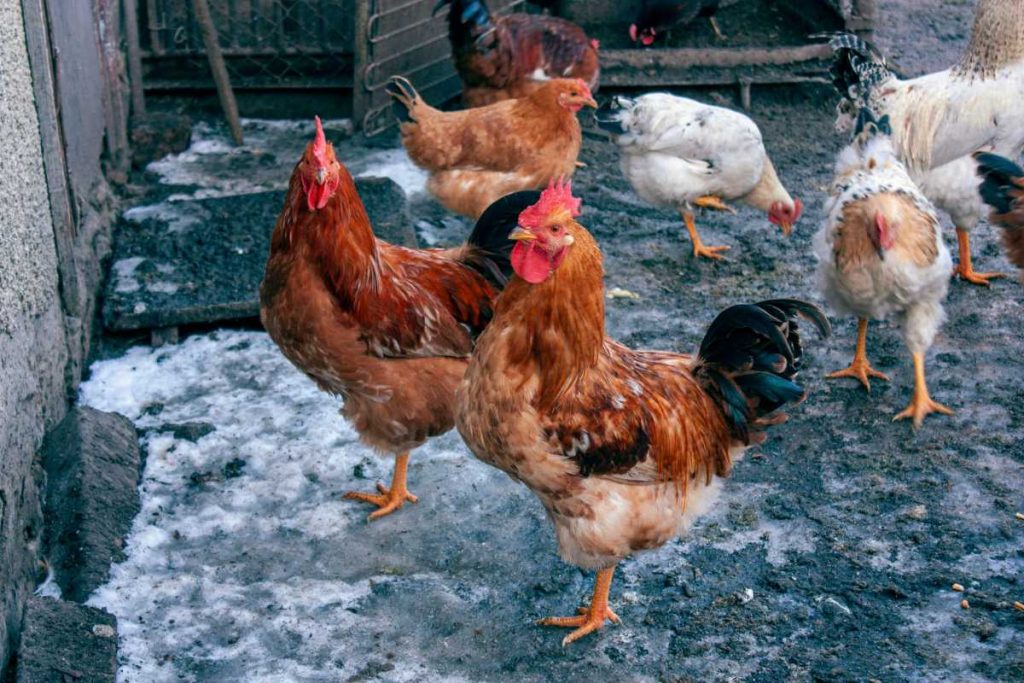
1. Understanding Chicken Winter Needs
Chickens have a unique ability to withstand cold temperatures, but they are not immune to winter hardships. Knowing their needs can help you prepare:
Temperature Tolerance:
- Chickens are generally comfortable in temperatures as low as 20°F (-6°C). However, they can struggle when temperatures drop below this level, especially if they are wet or exposed to drafts.
Breed Considerations:
- Some breeds, like Wyandottes and Orpingtons, are better suited for cold climates due to their dense feathering. On the other hand, breeds with smaller combs, like Brahmas, are less susceptible to frostbite.
Winter Behaviors:
- Chickens may exhibit different behaviors in winter, such as reduced activity levels and changes in egg production. Understanding these changes can help you manage their care effectively.
2. Winter Housing and Coop Maintenance
Creating a comfortable and safe living space for your chickens is crucial during winter months. Here’s how to prepare your coop:
Insulation and Ventilation:
- Insulation: Insulate the coop to help maintain warmth. Use materials like straw bales, foam boards, or even blankets to retain heat.
- Ventilation: Proper ventilation is vital to prevent moisture buildup from droppings and respiratory diseases. Ensure vents are covered with wire mesh to keep drafts out while allowing airflow.
Draft Protection:
- Seal any cracks or openings in the coop to prevent drafts. Use weather stripping or caulking to close gaps, ensuring that your chickens stay warm.
Bedding:
- Use deep bedding methods, such as straw or wood shavings, to insulate the coop floor. The deep litter method allows bedding to break down, generating heat and creating a warmer environment.
Heating Options:
- While heating a coop is generally not recommended due to fire risks, providing supplemental heat can be beneficial in extreme conditions. Use safe options like heat lamps or flat panel heaters, but ensure they are installed securely and monitored.
3. Providing Fresh Water and Nutrition
Maintaining hydration and nutrition is vital for your flock during winter.
Fresh Water:
- Water Sources: Use insulated water containers or heated water bowls to prevent freezing. Regularly check water sources to ensure they are always filled with fresh water.
- Prevent Freezing: If using a standard waterer, placing it in a sunny spot can help reduce the likelihood of freezing. Check multiple times a day to ensure access.
Nutrition:
- Balanced Diet: Provide a balanced diet that includes high-quality layer feed, grains, and fresh vegetables. Winter can reduce foraging opportunities, so ensure they receive all necessary nutrients.
- Supplemental Feeding: Consider adding scratch grains or sunflower seeds as treats to provide extra calories for warmth. Treats can also keep chickens occupied and help stave off boredom.
4. Monitoring Chicken Health
Winter can be tough on chickens, so keeping an eye on their health is crucial.
Regular Health Checks:
- Inspect for Frostbite: Check combs and wattles for signs of frostbite, which can appear as darkened or shriveled areas. If detected early, applying ointment can help.
- Observe Behavior: Monitor your chickens for signs of lethargy, reduced eating, or changes in behavior, which can indicate illness or stress.
Vaccinations and Medications:
- Ensure that your flock is up-to-date on vaccinations, particularly for respiratory illnesses. Consult your veterinarian for advice on medications or treatments for winter-specific issues.
5. Providing Enrichment and Activity
Boredom can lead to stress and behavioral issues in chickens, especially when they are confined indoors during harsh winter weather.
Indoor Enrichment:
- Boredom Busters: Offer toys, perches, and nesting boxes to keep your chickens entertained. Simple items like hanging vegetables, mirrors, or scratching posts can stimulate their natural behaviors.
- Foraging Opportunities: Scatter treats around the coop or provide a covered run with safe plants to encourage foraging. This mimics their natural behavior and keeps them active.
Outdoor Time:
- If the weather permits, allow your chickens outside for fresh air and exercise. Sunlight and fresh grass can boost their mood and overall health.
- Sunshine Access: Ensure your chickens have access to sunlight during the day, as this helps with their mental well-being and can stimulate egg production.
6. Adjusting for Reduced Daylight
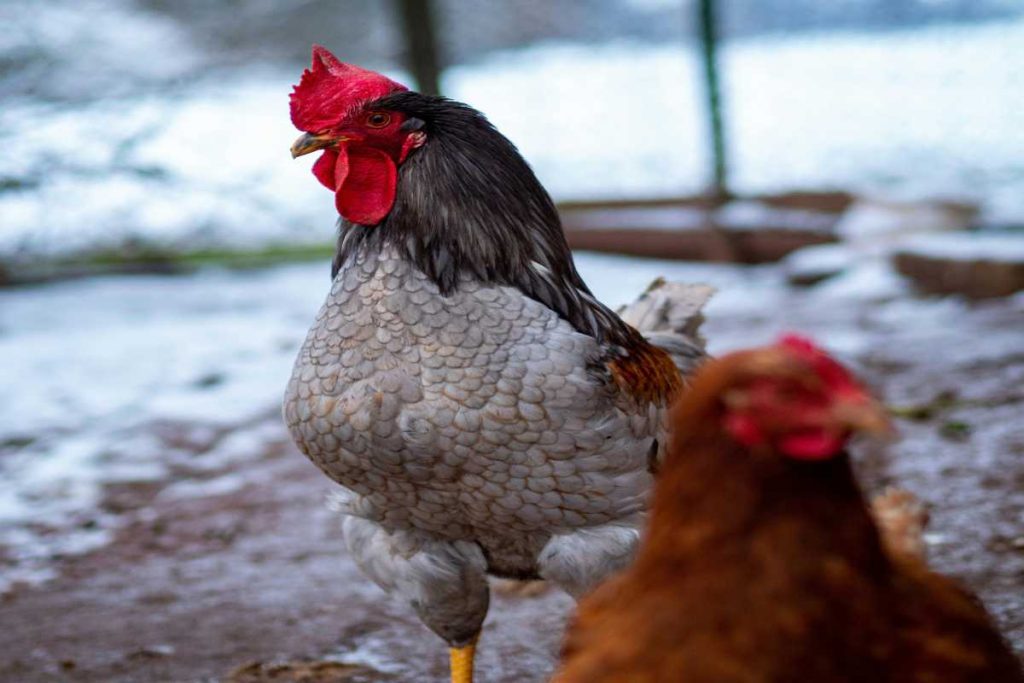
As days shorten in winter, chickens may naturally reduce egg production due to decreased light exposure.
Artificial Lighting:
- Consider adding a timer to your coop’s light source to provide consistent daylight hours, especially if you want to maintain egg production. Aim for 14-16 hours of light per day.
- Light Sources: Use low-wattage bulbs or LED lights to provide sufficient illumination without overheating the coop.
Natural Light:
- If possible, ensure your coop has adequate windows or openings for natural light during the day. This helps keep your chickens active and happy.
7. Preparing for Extreme Weather Events
Winter storms and extreme cold can pose significant risks to your flock. Here’s how to prepare:
Storm Preparation:
- Secure your coop and run to prevent wind damage or flooding. Reinforce fences and inspect for any vulnerabilities before severe weather hits.
- Emergency Supplies: Keep essential supplies on hand, including extra bedding, feed, and medications, to ensure your flock remains cared for during emergencies.
Emergency Plans:
- Have a plan in place for power outages or extreme weather. Know how you will provide water, food, and shelter if your usual methods become unavailable.
8. Embracing the Winter Season with Your Flock
Winter can be a challenging time for both chickens and their keepers, but with proper preparation and care, you can help your flock thrive.
Enjoying Winter Together:
- Embrace the winter season by spending time with your chickens, observing their behavior, and enjoying their company. Regular interaction can help strengthen the bond between you and your flock.
Learn and Adapt:
- Take the opportunity to learn more about chicken behavior and care during winter. Adapt your practices based on what works best for your specific flock and environment.
Conclusion
Caring for chickens in winter requires attention to their needs for warmth, nutrition, and mental stimulation. By understanding their behavior and implementing these essential tips, you can ensure that your flock remains healthy, happy, and productive throughout the cold months. Embrace the challenges of winter chicken keeping as an opportunity to strengthen your relationship with your flock and enhance their well-being.
4o mini

